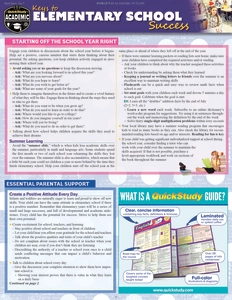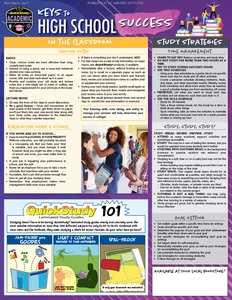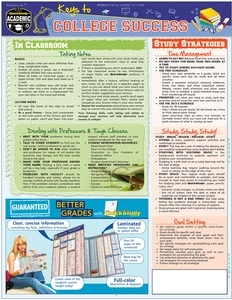What are the keys to academic success? Over the student's years of schooling, what conditions are conducive to keeping students focused, motivated, and inspired to succeed and excel in school? These are some complicated questions. The answers appear to be a combination of student, teacher, and family/household involvement in the educational process coupled with an engaged school environment and an encouraging or positive neighborhood (social) environment.
In the 20th century, education essentially consisted of students attending a brick-and-mortar school and receiving classroom instructions from a teacher. In the 21st century, education has evolved. Multiple strategies are being deployed to educate students. The next graphic illustrates some of these varied and hybrid 21st century educational strategies.
The overarching goal of education is for students to master their curricula, graduate, and receive the diploma. Attaining a quality education generally means having mastered core required disciplines such as reading, writing, multi-discipline mathematics, multi-discipline science, history, civics, geography, grammar, spelling, computer proficiency, literature appreciation, art appreciation, music appreciation, physical education (PE), and so forth.
The expectation is that success in school will translate into success in life. In turn, success in life entails attaining a good-paying career or owning a business, owning a home, and becoming a law-abiding, civic-minded citizen in civil society. In the process of becoming educated, it also is expected that students will develop a strong moral compass.
Through audio and visual aids, the aim of this page is to provide some insights into the kinds of conditions most likely to lead to student success. The following four QuickStudy reference guides from BarCharts provide tips to help students succeed from their elementary school years through their college years. Each reference guide contains four pages. Click each icon below to see the full-size image of page 1 of each guide. Click the following link to download all four of the full, 4-page guides: BarCharts.




The audio and visual aids below provide additional walkthrough tips for student success.
There is no shortage of colleges to which high school graduates can apply. UNESCO in conjunction with the International Alliance of Universities (IAU) has compiled the WHED (World Higher Education Database) database. The WHED database contains a listing of the world's universities. In the USA alone, there are thousands of institutions of higher learning to which high school graduates can apply—albeit the top USA students often compete (and sue) to get accepted into the top 100 USA universities.
To be sure, in the USA, there is a big political and legal brouhaha over issues of racial background, affirmative action, reverse discrimination, diversity, and inclusion as it pertains to who gets admitted to attend its most elite and most esteemed, say, top 100 universities. Undoubtedly, there is a general perception that those who attend the most prestigious or elite universities also will attain a first-class, unadulterated, and superior education. The simple truth of the matter is this: in the USA, there literally are thousands of institutions of higher learning from which to choose, and virtually all of them provide a good college education.
A key to college success is to proactively plan ahead.